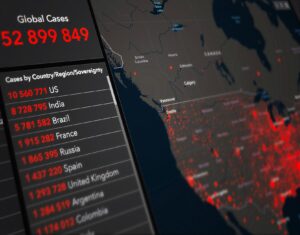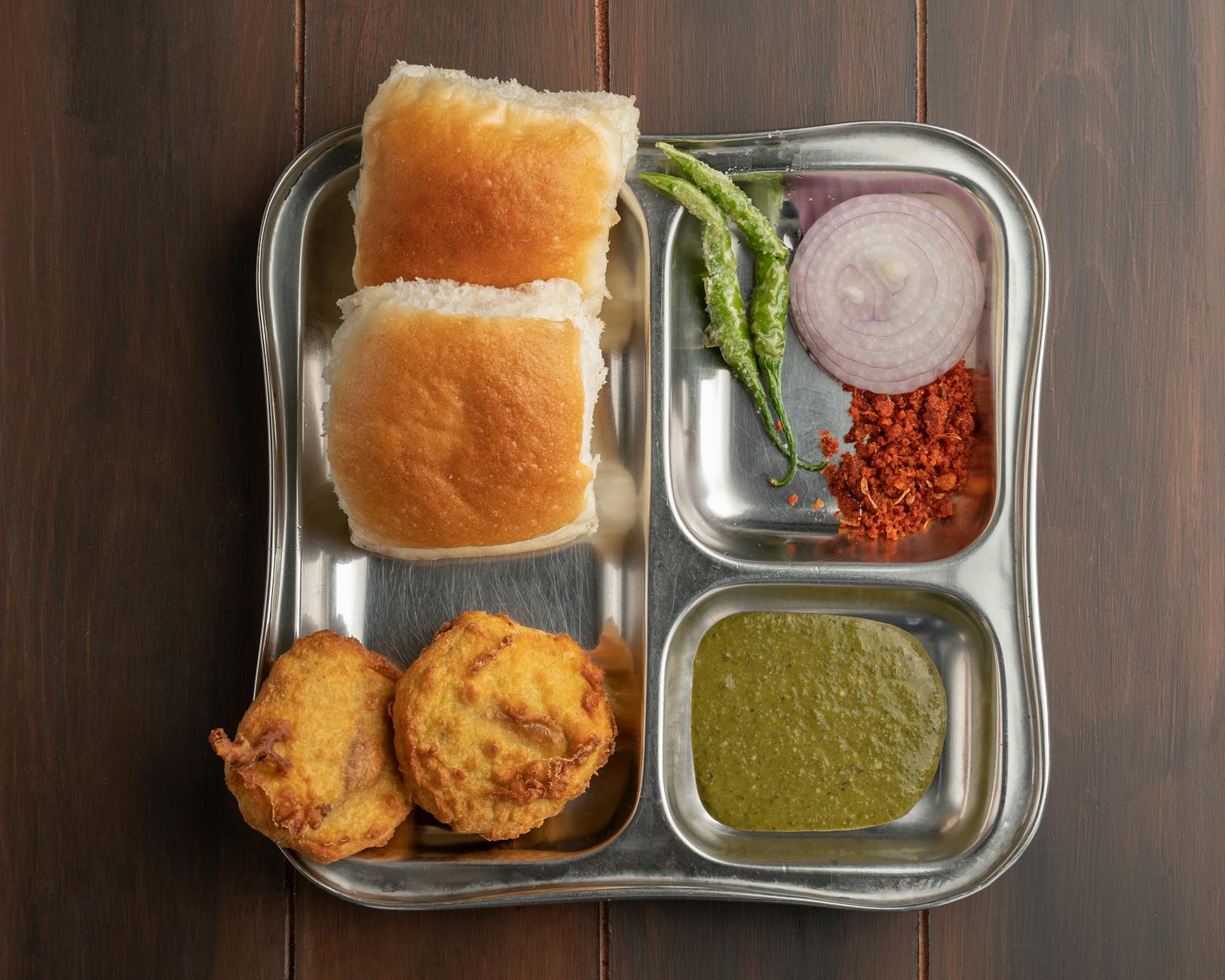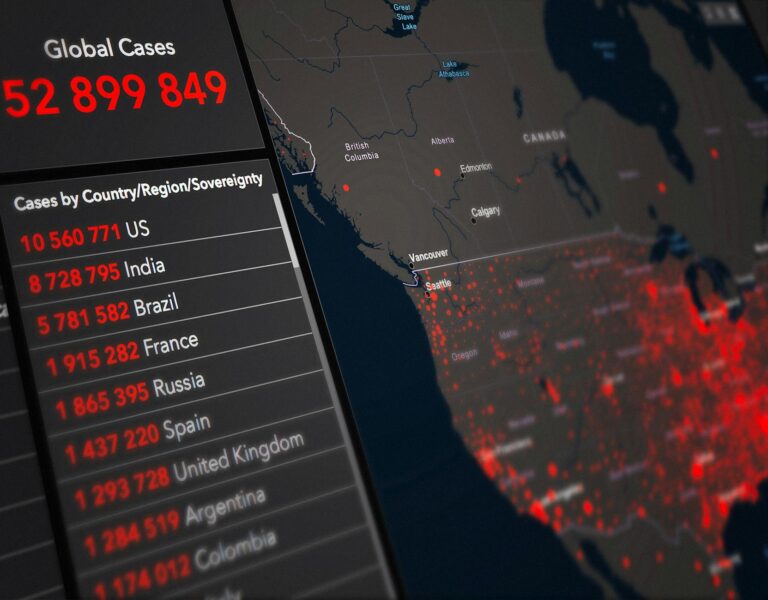Malegaon Blast 2008: A Father’s Unending Fight for Justice
You know how some stories just stick with you? Like that one detail—something small, ordinary—that suddenly becomes everything. For me, it’s the vada pav. September 29, 2008. Malegaon. Farheen Sheikh, 22 years old, steps out because she’s hungry. Next thing—gone. Just like that. Sixteen years later, the court lets the main accused walk free. And her dad? He’s still fighting. Let me tell you why this case matters more than headlines suggest.
That Night in Malegaon
9:30 PM. Bhikku Chowk. A motorcycle explodes near a mosque—six dead, over a hundred bleeding on the streets. But here’s the thing: investigations later said it wasn’t some random attack. Hindu extremist groups. Planned. Targeted. And the victims? Mostly Muslim. Classic divide, right? Except when shrapnel flies, it doesn’t check your religion first.
Farheen’s story guts me every time. Her father Liyakat—I met him once in 2016—still imitates her laugh when talking about that night. “She just wanted a snack,” he says. That’s the detail that wrecks you. Not statistics. Not legal jargon. A girl. A vada pav. A father waiting at the door.
The Trial That Dragged On
Okay, so the accused: Pragya Singh Thakur (yes, that BJP MP) and six others. ATS arrests them, NIA takes over, and then… well, India’s justice system happened. Fifteen years of:
- Witnesses “forgetting” what they saw
- Evidence mysteriously losing weight
- Forensic reports getting picky about details
Honestly? It’s the same old song. High-profile case + political links = glacial progress. By 2023, the judge basically said, “Not enough proof.” But here’s the kicker—they admitted the investigation was botched. So which is it? Can’t have it both ways.
When the System Fails Its People
The verdict came down, and predictably:
BJP folks: “Justice prevails!”
Victims’ families: *holding photos of the dead* “Since when?”
Liyakat was shaking when he spoke to reporters. “They didn’t just acquit criminals—they erased my daughter.” And he’s not alone. Riyaz Ahmed, who lost his brother, put it bluntly: “If the bomb had gone off in South Mumbai, you think the trial takes 15 years?” Oof. Hard to argue with that.
What Now?
Supreme Court appeal. That’s the plan. But let’s be real—how often do acquittals get overturned here? Still, Liyakat’s stubborn. “I’ll die fighting,” he says. And maybe that’s the point. This case stopped being about legal technicalities the moment Farheen became a footnote in someone’s paperwork.
Bigger picture? Samjhauta Express, Mecca Masjid—all these “saffron terror” cases follow the same eerie pattern. Start strong. Fizzle out. Families left screaming into the void. Meanwhile, the accused? Some get elected.
Final Thought
We throw around words like “justice” and “closure.” But stand next to Liyakat for five minutes, and you’ll realize—those are just words. What he’s got is a photo, a memory of laughter, and a lifetime of “what ifs.” The courts move on. The news cycle moves on. He can’t.
FAQs (Because People Ask)
Who was Farheen?
A college girl. Loved Bollywood songs. Died because she wanted a 10-rupee snack.
Why’d they walk free?
Officially: “lack of evidence.” Unofficially? You tell me.
Any hope left?
Statistically? Slim. But tell that to a father with nothing left to lose.
Source: News18 Hindi – Nation












